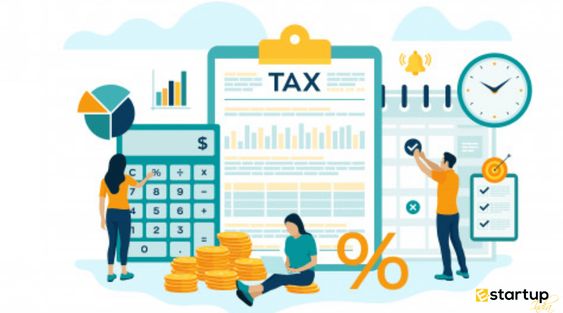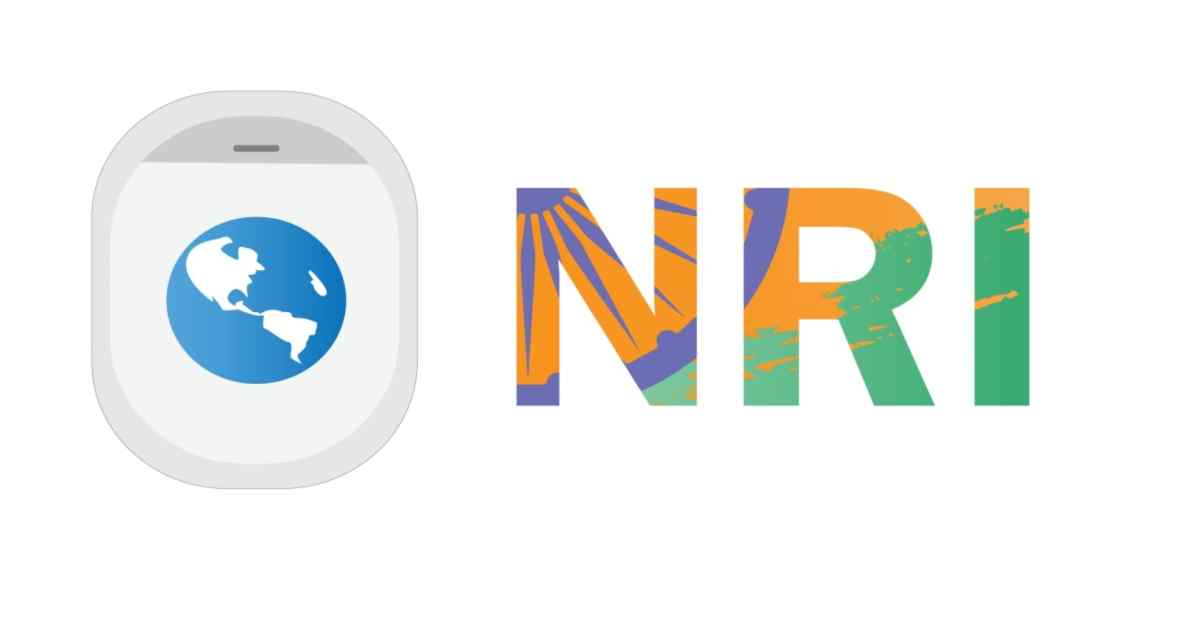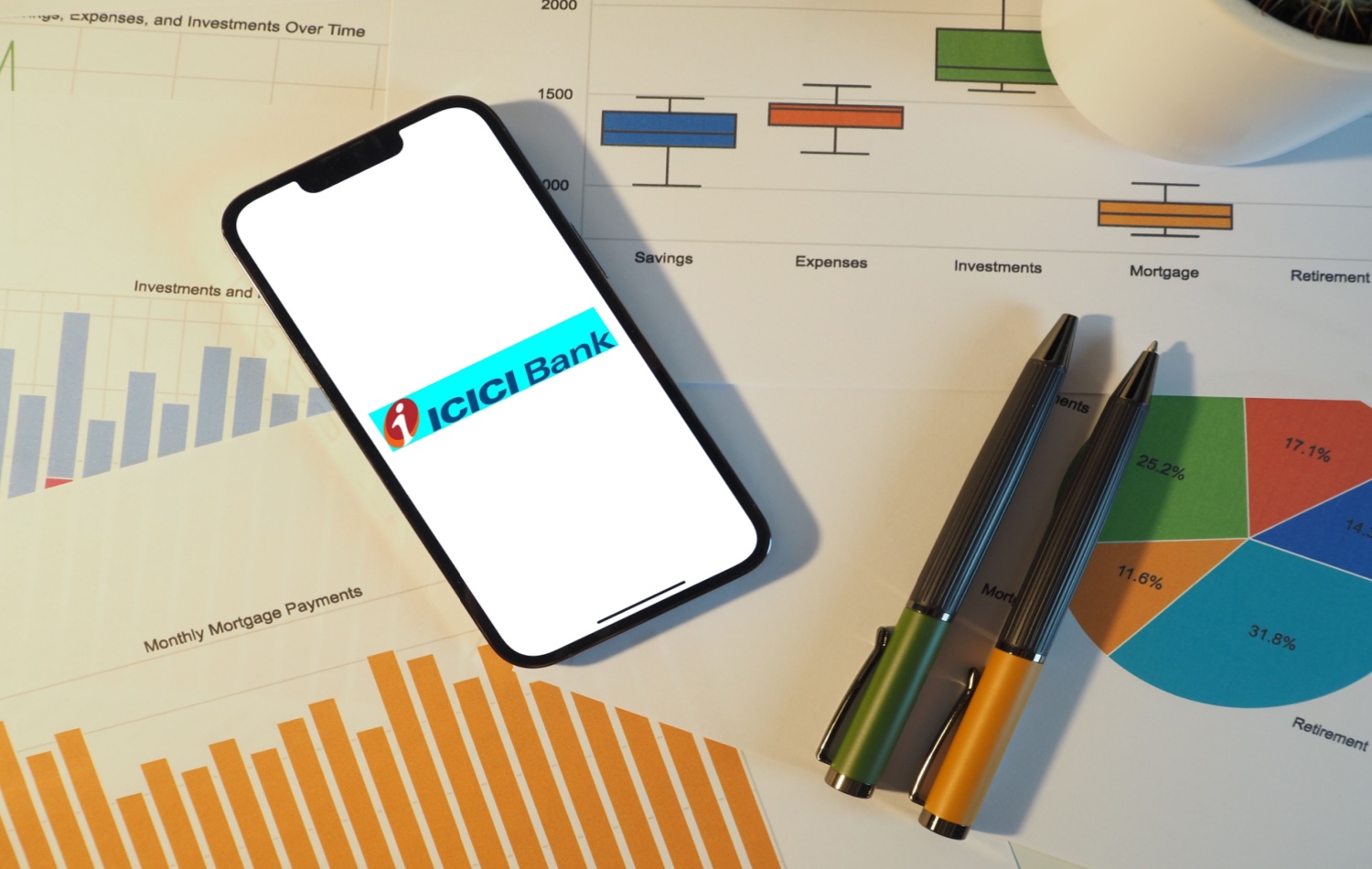Table of Contents
Quality Service Guarantee Or Painting Free

Get a rental agreement with doorstep delivery

Find the BEST deals and get unbelievable DISCOUNTS directly from builders!

5-Star rated painters, premium paints and services at the BEST PRICES!
Loved what you read? Share it with others!


Submit the Form to Unlock the Best Deals Today
Help us assist you better
Check Your Eligibility Instantly

Experience The NoBrokerHood Difference!
Set up a demo for the entire community
NRI Personal Loan: Everything You Need to Know
Table of Contents
People who live abroad yet want to achieve financial objectives in their native country might get an NRI personal loan. These loans allow NRIs to finance schooling, medical crises, house renovations, and other personal necessities. In this blog, we will tell you everything about NRI personal loans and how NRIs can avail them with no hassle.
Purpose of a NRI Personal Loan
An NRI (Non-Resident Indian) Personal Loan addresses the unique financial demands and requirements of expatriates who want to achieve specific goals in their native country. NRIs may use personal loans for these reasons:
Costs of education
Quality Service Guarantee Or Painting Free

Get a rental agreement with doorstep delivery

Find the BEST deals and get unbelievable DISCOUNTS directly from builders!

5-Star rated painters, premium paints and services at the BEST PRICES!
NRI Personal loans may support education for the borrower, their children, or other dependents in their native country. This covers tuition, housing, and other expenses.
Medical emergencies
NRIs may use personal loans to pay hospital bills, treatment charges, or other healthcare expenses for family members or themselves.
Home Improvement or Buy
NRIs might get personal loans to repair or buy a house in their native country. Examples include home improvement, purchasing a new house, or real estate investment.
Family Events
Personal loans may fund weddings, engagements, and other family festivities. NRIs commonly use these loans for family milestones.
Business Ventures
NRIs starting or expanding businesses in their native country may use personal loans for startup or continuing funding.
Debt Consolidation
Personal loans help NRIs consolidate and manage debt. This may simplify repayments and lower loan costs.
Leisure and travel
NRIs might use personal loans to visit relatives and friends or explore their native country.
Investing Opportunities
In their home country, NRIs may use personal loans to buy stocks, mutual funds, or other financial products.
NRI Personal Loans enable expatriates to meet various financial demands and accomplish personal and family objectives in their home country. Loan conditions usually take into account non-resident borrowers' unique situations.
NRI Personal Loan Eligibility
The eligibility criteria for personal loans vary from one bank to another. Here is the general eligibility criteria for an NRI personal loan:
| Eligibility Criteria | Details |
| Nationality | Non-Resident Indian (NRI) |
| Age | 21 to 60 years |
| Employment Status | Salaried or Self-employed |
| Minimum Income | Typically, a minimum monthly income of a specified amount (varies by lender) |
| Work Experience | Salaried individuals: Typically 2-3 years of work experience; Self-employed: Business stability of 3 years or more |
| Credit Score | A good credit score, generally 650 or above |
| Relationship with the Bank | Existing relationship with the lending institution can be advantageous |
| Loan Amount | Varies based on income, creditworthiness, and lender policies |
| Loan Tenure | Usually up to 5 years |
| Documentation | Valid passport, work visa, overseas and local address proof, income documents, bank statements, etc. |
| Purpose of Loan | Education, medical expenses, home renovation, family events, business ventures, etc. |
Financial institutions may have different requirements, and the figures are suggestive. For the latest qualifying conditions, prospective borrowers should contact particular lenders or contact NoBroker for the best offers.
ICICI NRI personal loan- NRIs can avail ICICI NRI personal loan up to 10 Lakhs at an interest rate of 15.49%.
Required documentation:
- Required documentation:
- Copy of your passport
- Copy of your visa
- Bank statement
- HR email address or official email address
- Pay stub or pay certificate NRE/NRO bank statement for a period of six months
HDFC NRI personal loan- NRIs can take advantage of various tenure options of up to 5 years, affordable interest rates, and borrowing limits up to Rs. 40 lakh.
NRI personal loan Axis Bank- NRIs can avail loan of rs 40 Lakhs at an interest rate of 10.65%.
Documents Required For NRI Personal Loan
An NRI (Non-Resident Indian) personal loan requires extensive paperwork to determine eligibility, financial stability, and trustworthiness. Here is the list of NRI personal loan documents required for approval:
Real Passport
All required passport pages with personal data, picture, and visa endorsement, original and copies.
Visa/Work Permit
Copies of the NRI's work visa and permission proving lawful presence and employment in the host country. These documents prove the borrower may work and live overseas.
Employment Proof
Salaried NRIs should present their existing company's employment contracts, appointment letters, or job confirmation letters. These documents usually specify the job, pay, and period of work.
Salary Slips
Salary slips from the last three to six months show the NRI's steady income. Salary slips reveal the borrower's earnings and job security.
Bank Statements
Previous six-month to one-year bank statements from the NRI's abroad and local accounts. Personal financial transactions, income, spending, and savings are detailed in these statements.
Income Tax Returns
Income tax returns over the last two to three years show the NRI's financial discipline and consistency. This document is crucial to appraising the borrower's finances.
Local and Foreign Address Proof
Utility bills, rental agreements, or host nation government documentation proving foreign living. Similar papers might prove local residency in the native country.
Power of Attorney
Some lenders require NRIs to provide a Power of Attorney to their home country agent. This person may handle loan transactions and paperwork for the borrower.
Credit Report
A credit report from host and home country credit bureaus. The credit report shows the borrower's debt history, repayment habits, and credit history.
If appropriate, property documents
Additional property documentation may be needed if the NRI applies for a property loan. Property title, sale, and value reports are examples.
Photographs
Recent passport-sized photos of the borrower for records.
Employer ID
A copy of the host nation employer's ID card or other formal identification.
Fill Out the Loan Application
I completed and signed the loan application from the lender. This form includes information on the borrower, loan purpose, and other pertinent factors.
Investment Proof (if relevant)
Documentation of home-country investments, assets, and financial holdings.
Form 16/Income Certificate (if applicable)
Salaried NRIs may require Form 16 or an income certificate to prove income.
NRIs must contact the lender directly to clarify NRI personal loan paperwork requirements, which vary by lender and loan purpose. Accurate and thorough paperwork speeds up loan approval. Additionally, talking with the bank or financial institution might explain any extra needs or papers required for a successful loan application.
How Do You Apply For An NRI Personal Loan?
An NRI (Non-Resident Indian) personal loan application requires many processes, which differ by financial institution.
Lender Research and Selection
Research and compare NRI personal loan banks and financial organizations. Make an educated choice by considering interest rates, loan duration, processing costs, and customer evaluations.
Verify Eligibility
Read the lender's qualifying requirements before applying. Ensure you fulfil the financial institution's age, income, and other standards.
Get Required Documents
Gather the lender's required paperwork. This usually includes a passport, visa, work permit, evidence of employment, wage slips, bank statements, income tax returns, foreign and local address proof, power of attorney (if needed), and any other lender-required papers.
Check Amount Eligible
Loan eligibility depends on income, creditworthiness, and lender restrictions. This helps you determine your borrowing ability and loan amount.
Choose Loan Type and Purpose
Choose a personal loan that fits you. Specify the loan's purpose during application—education, medical expenditures, house improvement, etc.
Fill out the application.
Get the NRI personal loan application form online or at the bank. Complete the form with current information. Recheck for mistakes before submitting.
Application Submission
Online or in-branch applications are available, depending on the lender. Online applications entail scanning and uploading documents.
Verification Method
The lender will verify eligibility and document integrity. Your employer, credit history, residence, and employment information may be checked.
Approval, Loan Offer
After verification and approval, the lender will issue a loan. This offer specifies the loan amount, interest rate, duration, and other parameters.
Accepting Loan Offer
Check the loan terms and conditions. If you agree, sign the loan agreement and accompanying paperwork. Some lenders accept digital signatures, while others need physical ones.
Fund Distribution
After accepting the loan, cash will be sent to your account. The lender's internal processes may delay payout by several days.
Repayment Plan
Set up a repayment plan with the lender that fits your budget. This covers calculating the EMI, repayment duration, and payback plan.
Monitor and repay regularly.
Monitor monthly accounts and make timely loan payments. Consider automating payments to prevent missed instalments.
Contacting Lender
Be transparent with the lender. Inform the lender of any financial issues or payment difficulties to discuss alternatives.
NRIs may apply for personal loans quickly by following these procedures. Being meticulous with documents, understanding the loan agreement, and communicating with the lender throughout the borrowing process are crucial.
Fees And Charges for NRI Personal Loan
NRIs seeking personal loans in India should know the costs. These might raise your loan cost. Here are some typical fees:
1. Processing cost: Lenders charge a non-refundable cost to evaluate loan applications and handle documentation. It usually costs 1%–3% of the loan.
2. Prepayment Penalties: You may be punished if you pay off your loan early. This proportion of the outstanding principle typically decreases toward the conclusion of the term.
3. Late Payment Costs: Please pay an EMI to avoid 2% late payment costs. Frequent delays also hurt your credit.
4. Stamp Duty: A government fee on credit agreements. Rates vary by state and loan amount.
5. Other Fees: Lenders may charge for document verification, foreign currency exchange, and account maintenance.
Here's a table summarizing the standard fees:
| Charge | Description | Typical Range |
| Processing Fee | Non-refundable fee for loan application processing | 1% - 3% of loan amount |
| Prepayment Charges | Penalty for early loan settlement | Up to 4% of outstanding principal |
| Late Payment Charges | Fee for missed EMI payments | 2% of due EMI amount |
| Stamp Duty | Government levy on loan agreements | Varies by state and loan amount |
| Other Charges | May include documentation verification, forex conversion, or account maintenance charges | Varies |
What Is the EMI For A NRI Personal Loan?
Say you are an NRI contemplating a ₹500,000 personal loan from Axis Bank with a 12% annual interest rate and a 5-year loan duration. Use an internet calculator or this formula to calculate EMI:
EMI = (P * R * (1 + R)^N) / ((1 + R)^N - 1)
Where:
- P is the Loan Amount (₹500,000)
- R is the Monthly Interest Rate (12% / 12 = 1%)
- N is the Loan Tenure in months (60)
Plugging in the values:
EMI = (500,000 * 0.01 * (1 + 0.01)^60) / ((1 + 0.01)^60 - 1)
EMI ≈ ₹12,625
The NRI personal loan from Axis Bank has a monthly EMI of roughly ₹12,625.
This is an example; your EMI will depend on the loan conditions you agree with the lender. Always utilize a personal loan EMI calculator and compare offers from several lenders before deciding. We hope you now have an idea of how to apply for a NRI personal loan to get quick approval.
Get the best interest rates on NRI personal loans with NoBroker
NoBroker lets NRIs compare bank and financial institution NRI personal loans. Individuals may compare interest rates, loan duration, processing fees, and other parameters to make an educated selection. We can help with NRI personal loan documents. It helps people comprehend the paperwork and submit the proper documentation to speed up loan acceptance. NoBroker helps NRIs discover customized lending solutions with a selection of loan options. For school, medical, or other loans, NoBroker finds lenders with relevant products.
Frequently Asked Questions
Yes, NRIs can apply for personal loans in their home country. Many banks and financial institutions offer NRI personal loans, and eligibility is typically determined by required documents.
NRI personal loans can be utilized for various purposes, including education expenses, medical emergencies, property renovations or acquisitions, family celebrations like weddings, and business investments. The versatility of these loans allows them to cater to multiple financial needs.
Eligibility for NRI personal loans is influenced by factors such as income, credit history, employment status, financial obligations, loan purpose, and the existing relationship between the borrower and the bank. Age requirements and necessary documentation are also crucial for qualification.
The interest rates for NRI personal loans are determined by the policies of the lending institution. Some may offer fixed interest rates, ensuring consistent monthly payments throughout the loan term. Others may provide variable interest rates that can fluctuate based on market conditions, impacting monthly repayments.
Yes, NRIs generally have the option to prepay or foreclose their personal loans. However, lenders may impose prepayment or foreclosure fees to compensate for potential interest losses. It is important for NRIs to carefully review the loan agreement to understand any applicable fees before deciding to prepay or foreclose.
Recommended Reading

Best NRI Accounts in India 2025
December 20, 2024
10502+ views

Liberalised Remittance Scheme: Eligibility, Benefits and More
May 10, 2024
2818+ views

TCS on Foreign Remittance: Understanding Implications
May 10, 2024
4955+ views

NRE vs NRO Account: Understanding the Difference for NRIs
April 21, 2024
7283+ views

NRO to NRE Transfer: Streamlining Your Finances
October 27, 2023
1997+ views
Loved what you read? Share it with others!
Most Viewed Articles

Know About ICICI NRI Account: Document Required, Eligibility and Application Process in 2025
October 11, 2024
22482+ views

NRI Power of Attorney: Empowering Overseas Decision-Making
December 24, 2024
12877+ views

Best NRI Accounts in India 2025
December 20, 2024
10502+ views

NRE vs NRO Account: Understanding the Difference for NRIs
April 21, 2024
7283+ views

TCS on Foreign Remittance: Understanding Implications
May 10, 2024
4955+ views
Recent blogs in
Understanding NRO Account Taxation in India
January 15, 2025 by Simon Ghosh
Compare Long Term vs Short Term Property Investments for NRIs 2025
January 3, 2025 by Kruthi
NRI Property Registration Process: Know Eligibility and Required Documents for 2025
January 3, 2025 by Ananth
NRI Power of Attorney: Empowering Overseas Decision-Making
December 24, 2024 by Krishnanunni H M
Best NRI Accounts in India 2025
December 20, 2024 by Manu Mausam



Join the conversation!